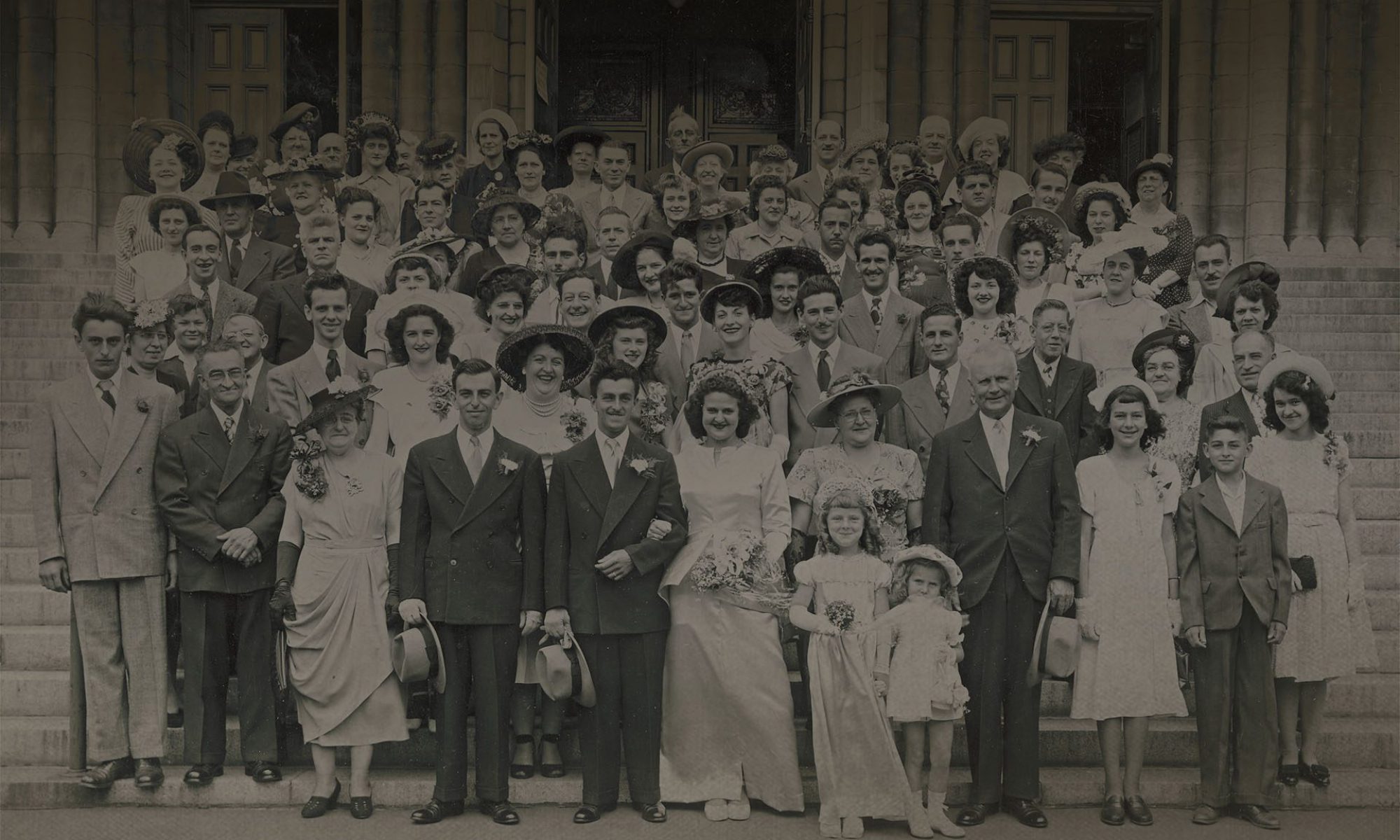This post is also available in: Français
The parish registers of Québec are an invaluable resource for finding information about the previous generations. Until the end of the twentieth century, these registers were used to accumulate all the information relating to the civil status of the population. This information was archived in churches as well as courthouses.Starting in the 1940s, a conservation effort was launched by the Drouin Genealogical Institute, which microfilmed the registers. They wound up with a very important database that can now be consulted by anyone seeking to track down their ancestors.
The History of the Parish Registers
It was during the period of the French Regime that the collection of information from the inhabitants of New France took the form of parish registers. This method then continued under the British authorities and following the evolution of the political regimes in Canada. It was only in 1994 that the Registrar of Civil Status of Québec received the full mandate to issue and retain the documents associated with the register.
What Information can you find in a Parish Register?
Parish registers mainly include baptismal records, marriage documents, and burial records. You can also find certain information about the registered people there, such as their place of origin, their family members, their religion, and the places where they lived.
Although the register system is rooted in the French Catholic tradition, information about people from other religions was also collected there.
What are the Reliability Guarantees of the Québec Parish Registers?
The responsibility for keeping the parish registers fell to the priests, who were the only ones authorized to issue the documents and make modifications. Other people could also be appointed by the Chancellery to act in place of the priest. However, in all cases, the person had to sign all the documents that they issued and modified in their own name. In doing so, there was no room for error.
Much more than simple genealogical documents, the parish registers were quickly considered to contain essential information about the populations of the cities and villages. The role of record keeper was therefore taken very seriously.
No one should be surprised to learn that life in Québec was long centred around the church. Because of this, all the documents relating to a person’s civil status could be found there. This practice was very logical, since this was where baptisms, weddings, and funerals were held.
Like the Register of Civil Status that exists today, parish registers were kept rigorously. The currently available archives contain scanned versions of these paper documents, and there’s often a transcript of the contents as well as an image of the original document.
How to Consult a Parish Register in Québec
Faced with this rich collection of documents to which we have access, several organizations and genealogical societies have created tools and platforms where it’s possible to do research. There’s no centralized tool presented by the government, but the information is quite easy to find.
The Genealogy Quebec site itself contains several resources where different registers are collected. The LAFRANCE directory, the Drouin Collection records, the Little BMDs, and the Connolly File all contain information from the registers, including baptismal and burial records as well as marriage documents. To access this, just register on the site and choose the tool that suits you the best.
It’s also possible to perform research with the genealogical societies in your area. Genealogy specialists there can guide people through their process to find information about their ancestors.
Finally, Library and Archives Canada makes certain documents related to the registers available through its website.


